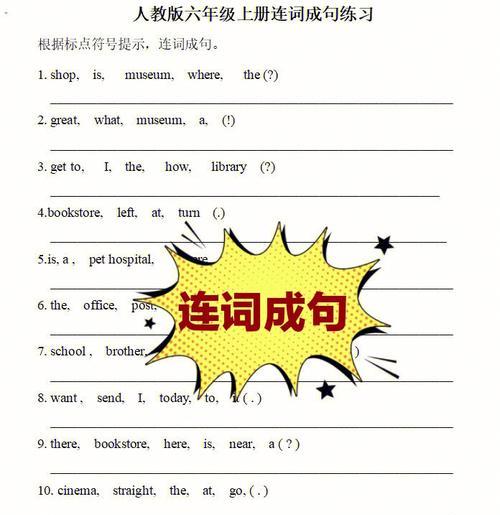在英语口语中,使用适当的连词可以使表达更流畅自然。常用的口语连词包括"And"用于连接相似的事物或想法,"But"表示转折或相反的意思,"So"表示结果或因果关系,"Or"表示选择,以及"Because"表示原因。

And
"And" 是最常用的连词之一,用来连接两个相似的事物或者想法,例如:
- I like to read books and watch movies.
- John is funny and smart.
But
"But" 用来表示转折或者相反的意思,例如:
- I wanted to go to the beach, but it was raining.
- She is very talented, but sometimes lazy.
So
"So" 用来表示结果,或者是因果关系,例如:
- I was very tired, so I went to bed early.
- I didn't study for the exam, so I failed.
Or
"Or" 表示选择,例如:
- Do you want coffee or tea?
- Should I wear a dress or pants?
Because
"Because" 是用来表示原因的连词,例如:
- I didn't go to the party because I was feeling sick.
- She got the job because she was the most qualified candidate.

